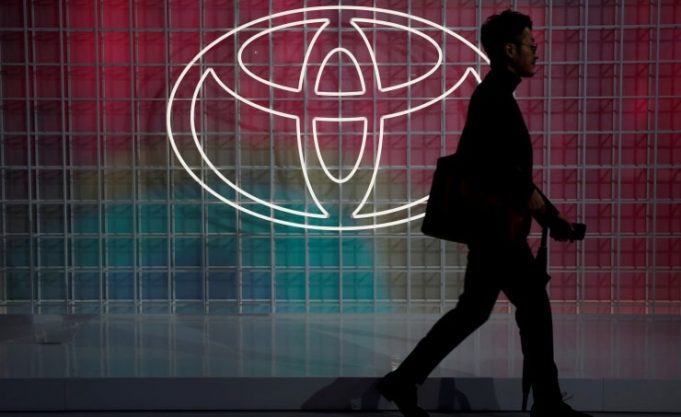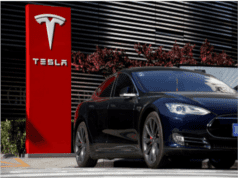Toyota Motor Corp and Honda Motor Co criticized a proposal by Democrats in the US House Representatives. The proposal was to give an additional $4,500 tax incentive to union-made electric vehicles in the United States.
Toyota said in a statement that the plan unveiled late Friday discriminates “against American auto workers based on their choice not to unionize.”
The bill, set to be voted on Tuesday by the Democratic-led House Ways and Means Committee. It is part of a proposed $3.5 trillion spending bill. This would benefit Detroit’s Big Three automakers, which have union-represented auto plants.
In a statement, Honda called the bill “unfair” and said it “discriminates among EVs made by hard-working American auto workers based simply on whether they belong to a union. The Honda production associates in Alabama, Indiana and Ohio who will build our EVs deserve fair and equal treatment by Congress.”
The estimated $33 billion to 34 billion plan is expected to boost tax credit from $7,500 to 12,500. It includes a $500 credit for using U.S produced batteries.
President Joe Biden vision behind the proposed plan is to ensure EVs comprise at least 50% of U.S vehicle sales by 2030. It will boost American union jobs.
The bill, however, does away with phasing out automakers’ tax credits. After 200,000 electric vehicles sold General Motors Co (GM.N) and Tesla Inc (TSLA.O) were eligible again. Used EVs will also get smaller credit up to $2,500.
The GM, Ford Motor Co. and Stellantis NV have unions represented by United Auto Workers (UAW) union. Foreign automakers like Tesla do not have union representation but have done efforts by the UAW to organize U.S plants.
Tesla would be eligible for up to $8,000 credits under the bill.
The bill limits the EV credit to cars priced at no more than $55,000, while trucks could be priced up to $74,000.
Toyota added it will “fight to focus taxpayer dollars on making all electrified vehicles accessible for American consumers who can’t afford high-priced cars and trucks.”














